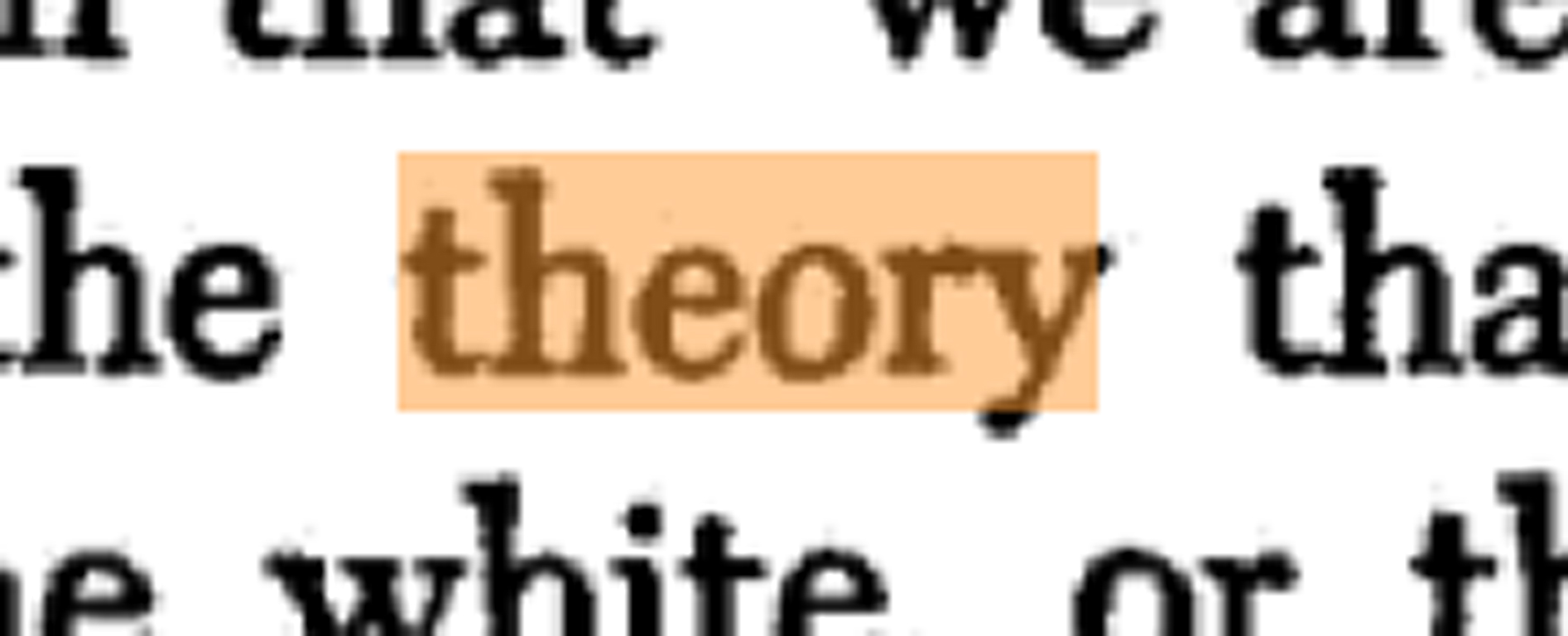“Cosmopolitanism is today one of the most important ways of making sense of the contemporary world” (Delanty, 2009)
Assignment for Course: Contemporary Social Thought – London School of Economics and Political Science
Abstract:
Cosmopolitanism, as in the above quote by Gerard Delanty, is indeed the dominant way of theorizing a contemporary consciousness of global reach. What Ulrich Beck calls ‘the cosmopolitan moment of world risk society’ (Beck 2006, 2009), is used as a framework to conceptualise social and material processes across the world (Hulme 2009; Tyfield and Urry, 2009).
And although it is consistently reiterated that the term is European in origin and therefore only ever partially valid in other contexts, it is exported nevertheless, as it is the traditional Western way of looking beyond its own boundaries.
To critically explore the historicity of cosmopolitanism and the limits of its applicability today, the typical genealogy given in the chapter ‘The rise and decline of classical cosmopolitanism’ from ‘Cosmopolitan Imagination’ (Delanty 2009), can be read against Dussel’s critique of a Eurocentric development narrative in ‘Europe, Modernity and Eurocentrism’.
Download PDF:

